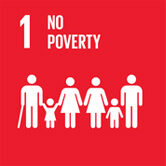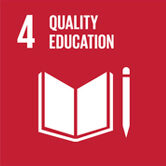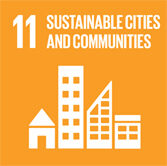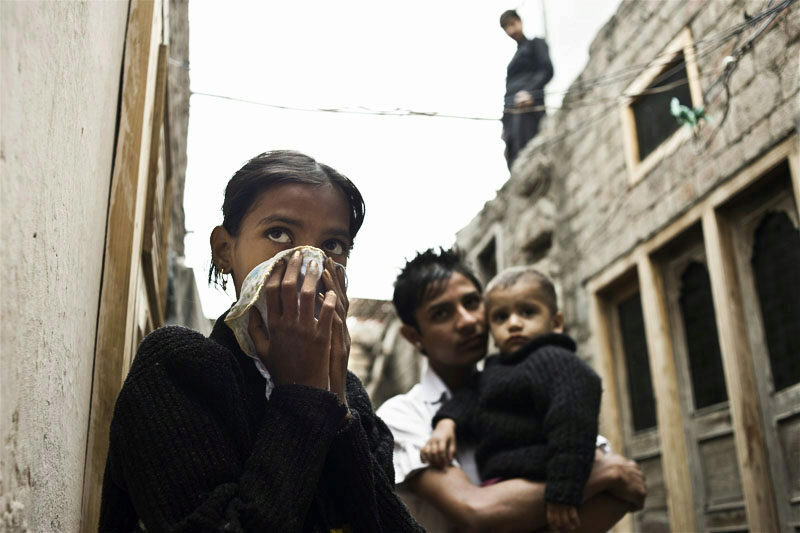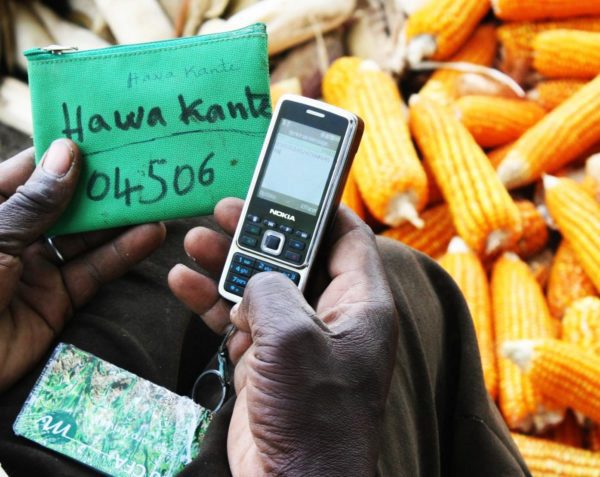
2018 Winner: Ubuntu Pathways
Ubuntu Pathways breaks the cycle of poverty by providing orphaned and vulnerable children and their families in the townships of Gqeberha, South Africa (previously known as Port Elizabeth) with what all children deserve –– everything, every day. Ubuntu provides an integrated support system of health, education, and social support, from cradle to career. Ubuntu has redefined mainstream development models by focusing on the depth rather than breadth of their impact on a community of 400,000. Their innovative approach has created a blueprint for community transformation around the world, highlighting the difference between merely touching a life and fundamentally changing one.

Primary Area of Impact: Education
Geographic Area (Continent): Africa
Geographic Area (Country): South Africa
Year Founded: 1999
Mission: To give our children what all children deserve—everything
Website: https://ubuntupathways.org
Due to the absence of opportunities, families face deep-rooted barriers to healthy and stable lives, but Ubuntu has professionalized a grassroots service delivery model that places communities on a pathway out of poverty.
Social Challenge
South Africa is one of the world’s most unequal countries. Abject poverty is pervasive, particularly among the country’s black population, and a widening gap between the rich and poor permeates society. In the townships of Gqeberha, entrenched disparities are amplified even further. These underdeveloped settlements—an enduring reminder of apartheid’s systemic segregation—are home to some of the most impoverished communities in the country with an estimated 78% of children living in poverty. The region has the highest infant mortality rate in South Africa and a 34.5% HIV prevalence rate. The education system is broken: 40% of students do not pass high school, leading to a youth unemployment rate of 80%. One out of three women is a victim of gender-based violence, and the HIV incidence among women is twice as high as men. Due to the absence of opportunities, families face deep-rooted barriers to healthy and stable lives.
UN Sustainable Development Goals (SDGs)
Leadership
Since its inception in 1999, Ubuntu has grown into a world-class health and education center in the heart of Gqeberha’s townships that serves orphaned and vulnerable children and their families. Ubuntu has revolutionized a grassroots service delivery model that places communities on a pathway out of poverty. Shifting away from traditional development approaches that focus on one-off interventions, Ubuntu implements an integrated, long-term strategy of support systems with sustained, multi-dimensional programs that fundamentally transform the trajectories of children, from cradle to career. Their goal is to take children from vulnerable situations to stable and successful adulthood through programs in household stability, health, and education. Furthermore, over 95% of Ubuntu’s staff come from the community they serve, and 100% of the managerial positions at Ubuntu are filled by African women from the community. Their intensive staff development program provides multifaceted training initiatives to meet the needs of each employee, tracks staff members’ performance, and offers them the same comprehensive medical services that are provided to its clients.
Impact
Ubuntu measures impact, not in short-term outputs like textbooks distributed, but rather in outcomes that fundamentally change their clients’ lives including the following:
- In a region where 1 out of 3 pregnant mothers is HIV-positive, 100% of HIV-positive expectant mothers at Ubuntu give birth to healthy HIV-negative babies
- 100% of toddlers enrolled in their Early Childhood Development program graduate from the program prepared for primary school having attained age-appropriate developmental milestones
- HIV-positive clients at Ubuntu’s clinic adhere to their treatment plans at a rate of 92%, compared 57% in the townships
- 236 students are currently receiving a world-class education in Ubuntu’s Early Childhood Development Program and the Ubuntu School
- 80% of out-of-school youth secure rewarding employment through Ubuntu’s Job Skills Training program
The impact of Ubuntu’s programs is undeniable. After just four years of joining Ubuntu, 82% of their clients are on-track toward stable health and employment. An independent study, conducted by McKinsey & Co., found that every $1 invested in an Ubuntu child will yield $8.70 in earnings over their lifetime and contribute roughly $195,000 to South African society in taxes over the course of their lives.
Innovation
Not bound by the traditional theory of “going-to-scale,” Ubuntu’s innovative framework is redefining how successful impact is measured in the nonprofit sector. At Ubuntu, success is not measured by the number of children they reach, but by how deeply they impact each child’s life. Ubuntu graduates, pioneers of their families, have proven that a child’s birthplace does not determine his/her future. They are rewriting not just their stories but also the industry narrative of what disadvantaged communities can accomplish. The Ubuntu Model, which is their revolutionary theory of change, encompasses four guiding tenets:
- A cradle to career pathway out of poverty that includes transformative household stability, health, and education programming
- Depth rather than breadth of scale by continuously improving service quality to bolster impact
- Localized, grassroots development contextualized to mitigate the specific challenges that Gqeberha’s townships face
- Sustainable investments in community leadership, capacity-building, and infrastructure
Transferability
Ubuntu is an exemplary organization in the field of nonprofits for its heightened focus on one region. Ubuntu has focused its service on communities in Gqeberha’s townships , but has shown how children and families can escape poverty through comprehensive support services. They maintain strong partnerships with community partners such as the Eastern Cape Department of Health, the Department of Social Development, South African Police Service, and Uviwe Child and Youth services. Other nonprofits aspiring to implement grassroots community development programs can benefit from studying Ubuntu’s model for making the local community an organizational priority. In order to share the Ubuntu model and help other organizations wishing to implement grassroots-based community development around the world, they launched the Ubuntu Advisory, an incubator program that will help entrepreneurs create community-led development programs and spread their effective approach to development.
Accomplishments
- Founder and CEO Jacob Lief featured in Fortune Magazine’s ‘40 Under 40’, recognized at the World Economic Forum as a Young Global Leader, and Selected as an Aspen Institute Global Fellow
- Ubuntu’s model has been featured by the Clinton Global Initiative as a blueprint for community development
- Featured on The Guardian, The Huffington Post, Fast Company, Devex, Mic, and Forbes




